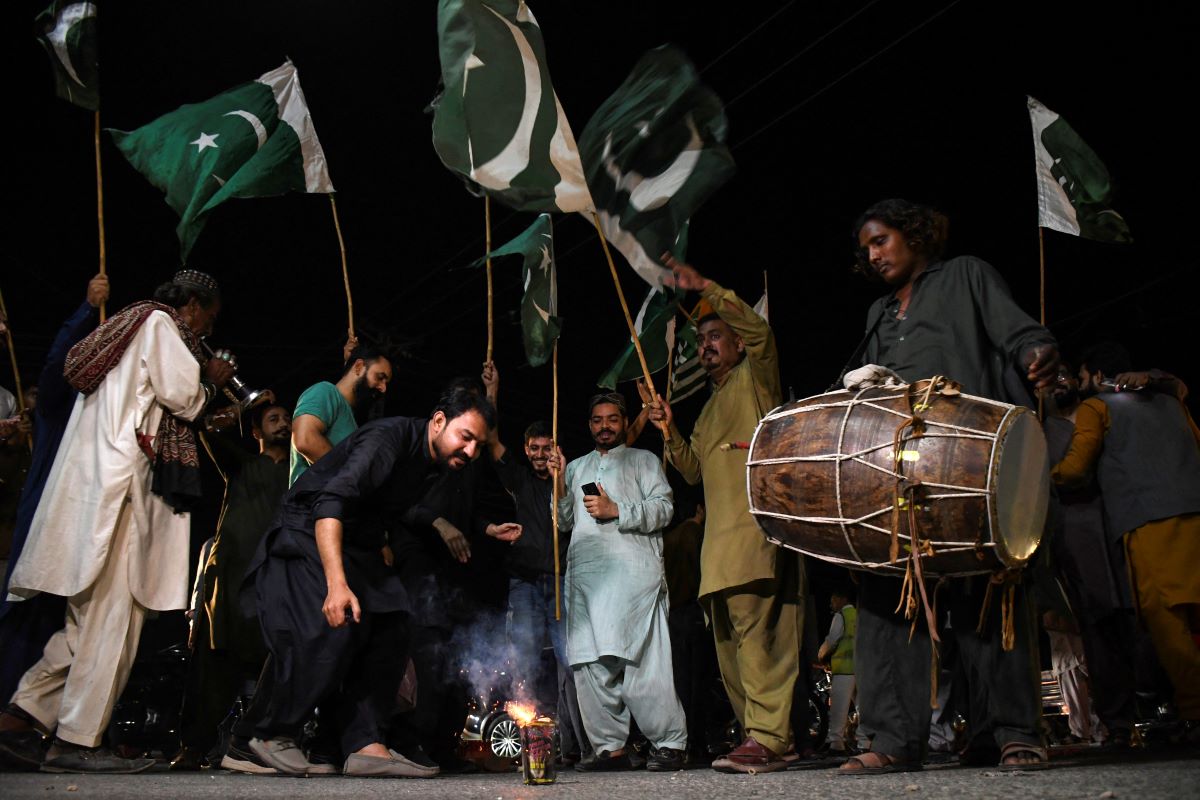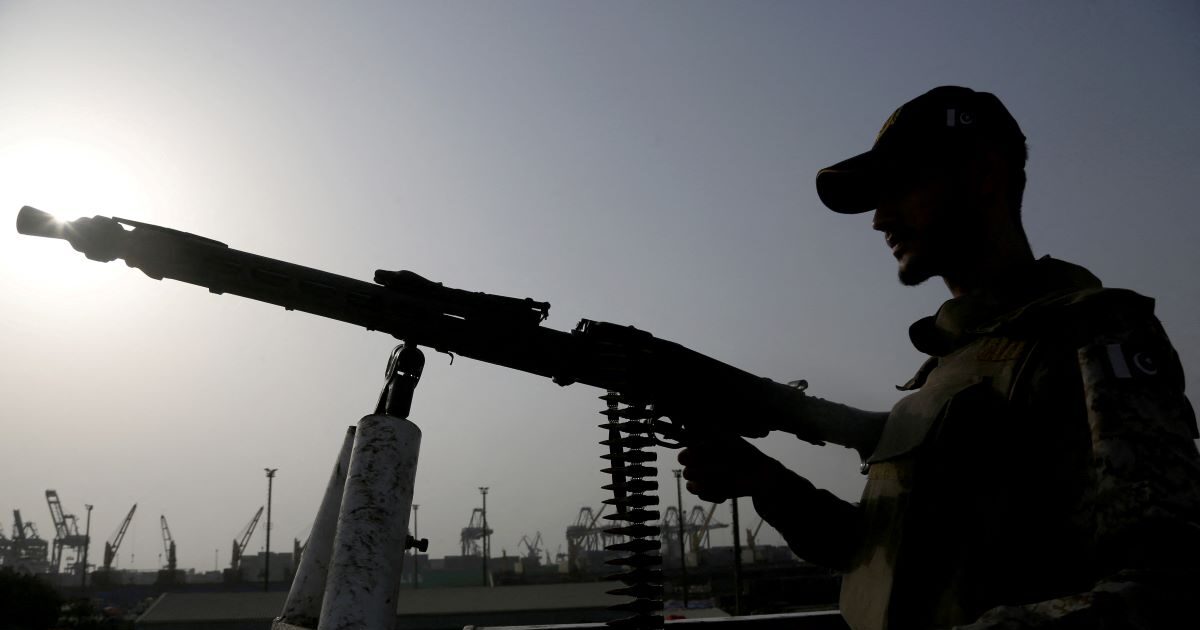The truce to which they agreed on Saturday (10.5.25) is normally respected. India and Pakistan after four days of deadly conflict. A truce that turns out fragile as the two countries are accused of violations of the agreed ceasefire.
“We call on Pakistan to take appropriate steps to deal with these violations and to handle the situation with seriousness and responsibility,” the Foreign Minister said in. Vickram.
Journalists of the French News Agency (AFP) reported that Strong explosions were heard on Saturday night in Srinagarthe largest city in Indian Kashmir, where anti -aircraft defense took action.
In the Pakistani -controlled Kashmir section, two officials reported “sporadic exchanges of fires between Pakistani and Indian forces in three points along the control line”, the de facto border in the disputed area.
Pakistan’s commitment to faithful implementation of the truce continues to apply and the country’s armed forces “handle the situation with responsibility and self -restraint,” the Pakistani Foreign Ministry said, accusing India of violating a ceasefire.
Since Wednesday, the two nuclear forces have been involved in their worst confrontation for almost three decades, raising international concern.
“After a long night of talks, with US mediation, I am pleased to announce that India and Pakistan have agreed to a full and immediate ceasefire,” he said unexpectedly on Saturday US President Donald Trump Through his post on the Truth Social platform, congratulating the two countries on the “common sense” and “great intelligence” they showed.
In Islamabad, Pakistani Foreign Minister Isak Dar He confirmed via a post on the X platform (formerly Twitter) that it was agreed to “cease fire with immediate power”.
In New Delhi, government circles argued that the deal was reached by a direct negotiation between India and Pakistan, noting that the two countries were not intended to discuss anything other than the cessation of hostilities.
The Western countries welcomed the deal: London described it as “extremely welcome”, Paris spoke of a “choice of responsibility”, while Berlin called it a “important first step”. The UN Secretary -General, Antonio Guterreslike Iran, expressed hope for “constant peace”.
China said willing to continue to play a “constructive role”, expressing the hope that India and Pakistan “will avoid any escalation”.
Although the agreed truce is fragile, the evolution has relieved Kashmir on both sides of the border.
For him Imran Mira 30 -year -old businessman in Pakistani Kashmir, the cessation of hostilities is “truly welcome”. “We live near the control line and in every conflict we are the ones we suffer the most,” he explains to AFP.
In Indian Kashmir, the head of the local government Omar Abdullah He welcomed the news: “Now we will be able to better organize the care and care of the injured.”


The time of the tension
The dangerous escalation of the crisis has begun at April 22 With a shocking attack on India: gunmen killed 26 civilians in a tourist attraction in Indian Kashmir.
New Delhi has accused Islamabad of supporting the jihadist team that is responsible for the massacre, something that the Pakistani government flatly refused.
On the same day, India launched attacks on several areas of Pakistan, claiming to hit “terrorist camps”, to follow reciprocal blows from the Pakistani side.
In the early hours of Saturday, Pakistan launched a barrage of attacks on India in retaliation for Indian strikes on military bases, one near the capital of Islamabad. Pakistani Prime Minister Sabaz Sarif said in a television profession that his country “gave India the proper response and revenge the deaths of innocent”.
According to official reports from both sides, about 60 civilians have been killed by hostilities since Wednesday. The escalation of conflicts forced thousands of residents in border areas of the two countries to leave their homes.
Following the announcement of the truce, Pakistan re -opened its airspace, while in India, 32 airports in the northwestern part of the country remained closed.
